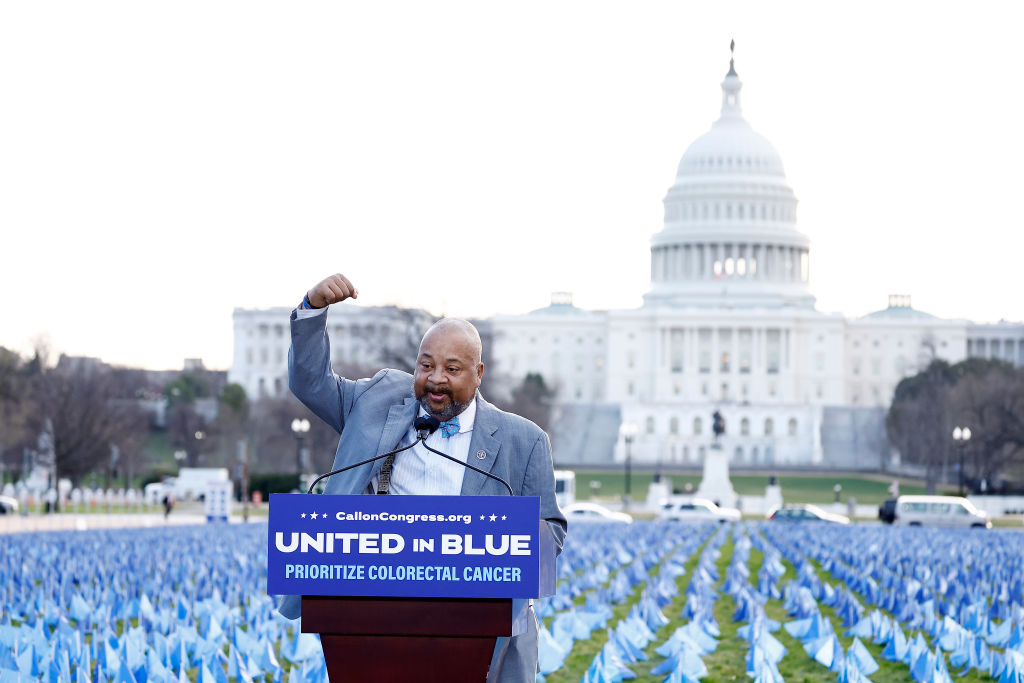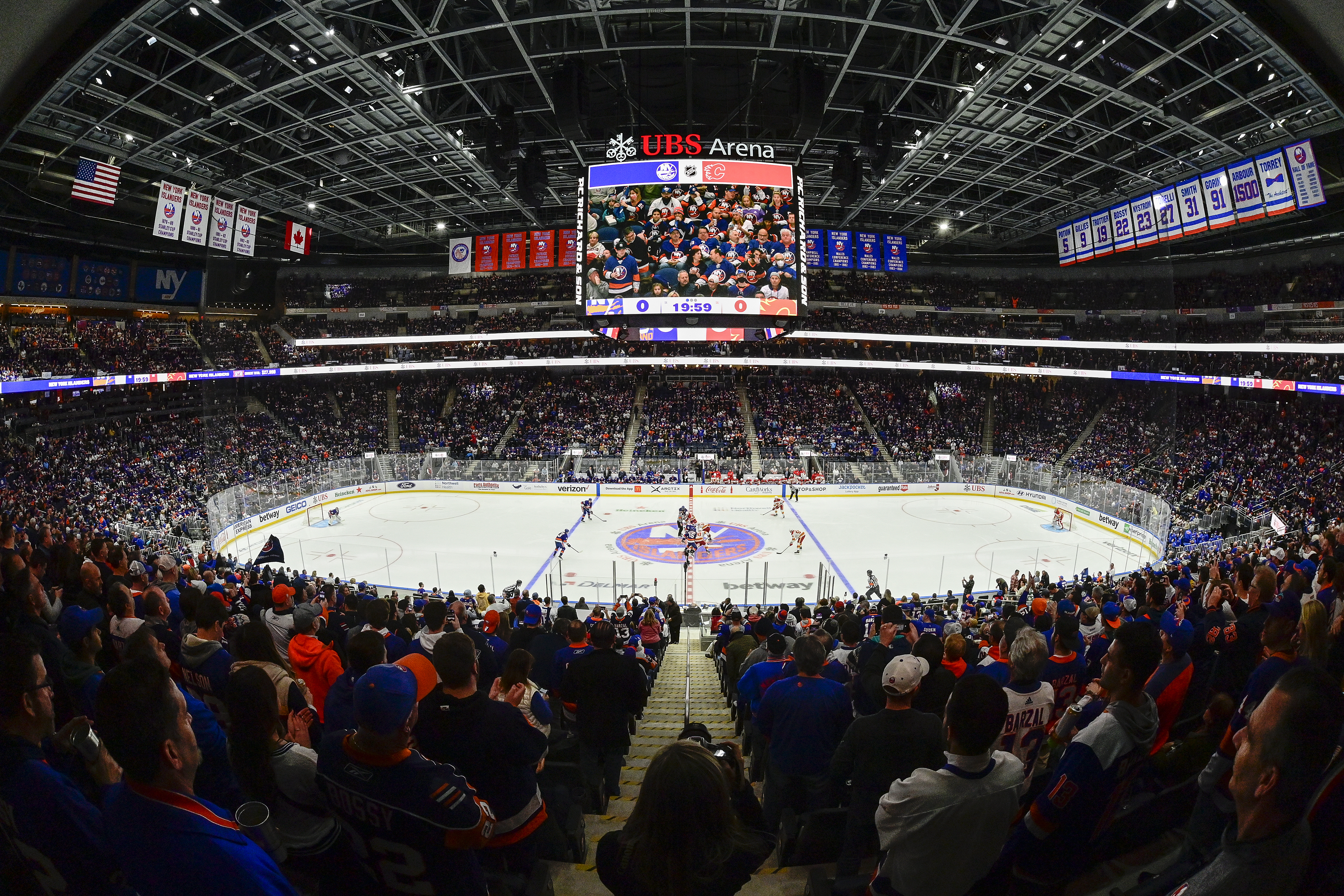It’s a new phase in the war on smoking: a ban on beaches, pedestrian plazas and parks has just taken effect.
The enforcement may be difficult and unpopular with many people. But it’s consistent with one of the great achievements of the Bloomberg administration: a war against smoking that has, step by step, encompassed many areas of life in New York. The city administration has prohibited smoking in restaurants and bars. And now the anti-smoking ban has been extended to other public places, taking the step outdoors.
The effect of this may not be truly known for years, if ever. Scientists have already determined that there is a correlation between smoking and cancer. But the empirical evidence of what the mayor’s crusade has accomplished may harder to pin down.
Many experts hail the mayor’s actions as great achievements in the public health area. What’s different about this latest battle against secondhand smoke is that it seems difficult to measure the actual effect of smoke on a person walking or sitting near a smoker in the park. What if a breeze blows the smoke away? What if the smoke doesn’t engulf the presumed victim but simply dissipates in the air?
Local
The offensive against smoking by Bloomberg’s health commissioners has been waged tirelessly since the mayor took office.
His supporters hailed the latest anti-smoking initiative, even as critics denounced it as a violation of civil liberties.
I spoke to Patrick Reynolds, grandson of the founder of the Reynolds Tobacco Company. In the last 10 years, he said, 28 states have prohibited smoking in bars and restaurants. “This is a step forward,” he said. “Secondhand smoke kills. It causes lung cancer and heart disease.”
Reynolds says his own father died of emphysema and lung cancer aggravated by smoking. He believes the family business has killed millions, including his father and brother, and he created the Foundation for a Smokefree America.
Reynolds’ views were denounced by Audrey Silk, founder of the pro-smoking group CLASH, Citizens Lobbying Against Smoker Harassment.
Silk told me: “These public health people have been fiddling with the truth. They claim that 57 percent of the people are exposed to secondhand smoke -- but exposure doesn’t translate into harm. What they’re doing is endangering a free society by creating a smoker-free society.
“This law will pit citizen against citizen, encouraging non-smokers to inform on their neighbors. The parks regulation will be impossible to enforce.”
Silk is planning to resist the new regulations with a “smoke in the park” event in Brighton Beach. She says the Russian immigrants who have settled there love to smoke and they emigrated here in pursuit of freedom. “What better place,” she asks, “for civil disobedience?”
The mayor should be congratulated for backing his health commissioners in their pursuit of a smoke-free New York. But clearly there are civil liberties concerns here.
Assuming that every smoker is shortening his own life, does he have the right to do that? How far can the government go to restrict an individual who wants to smoke in the open air?



